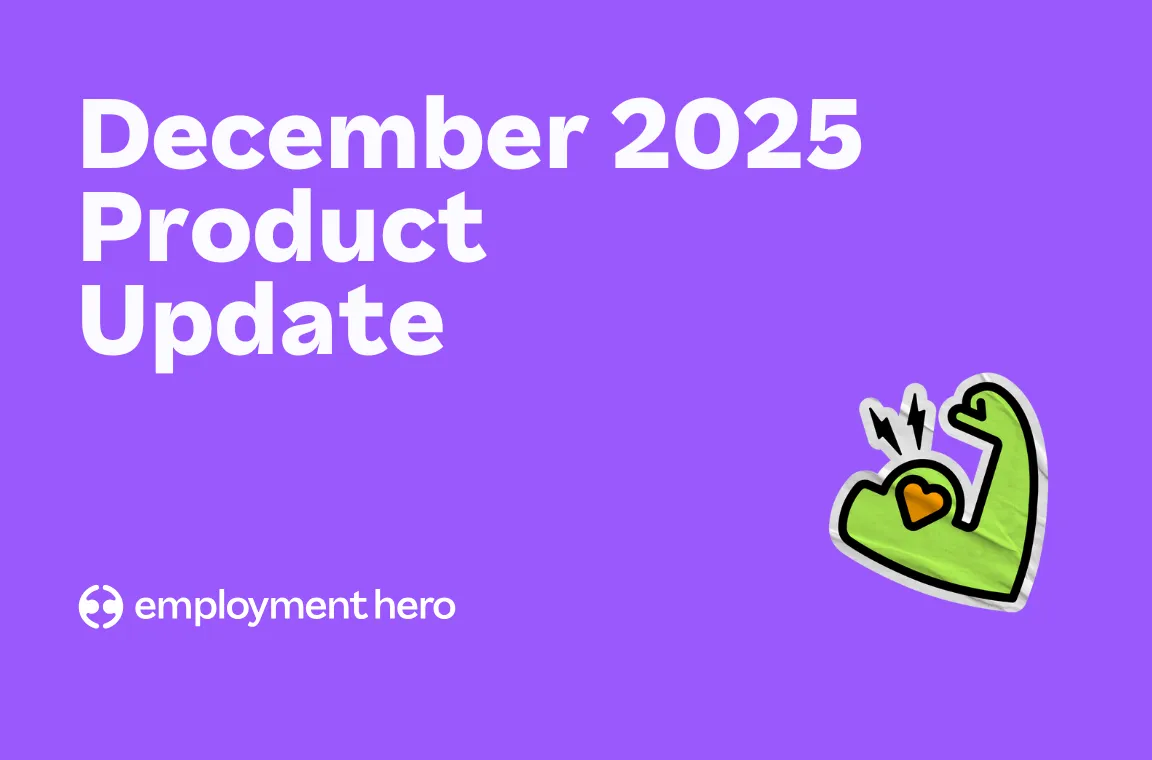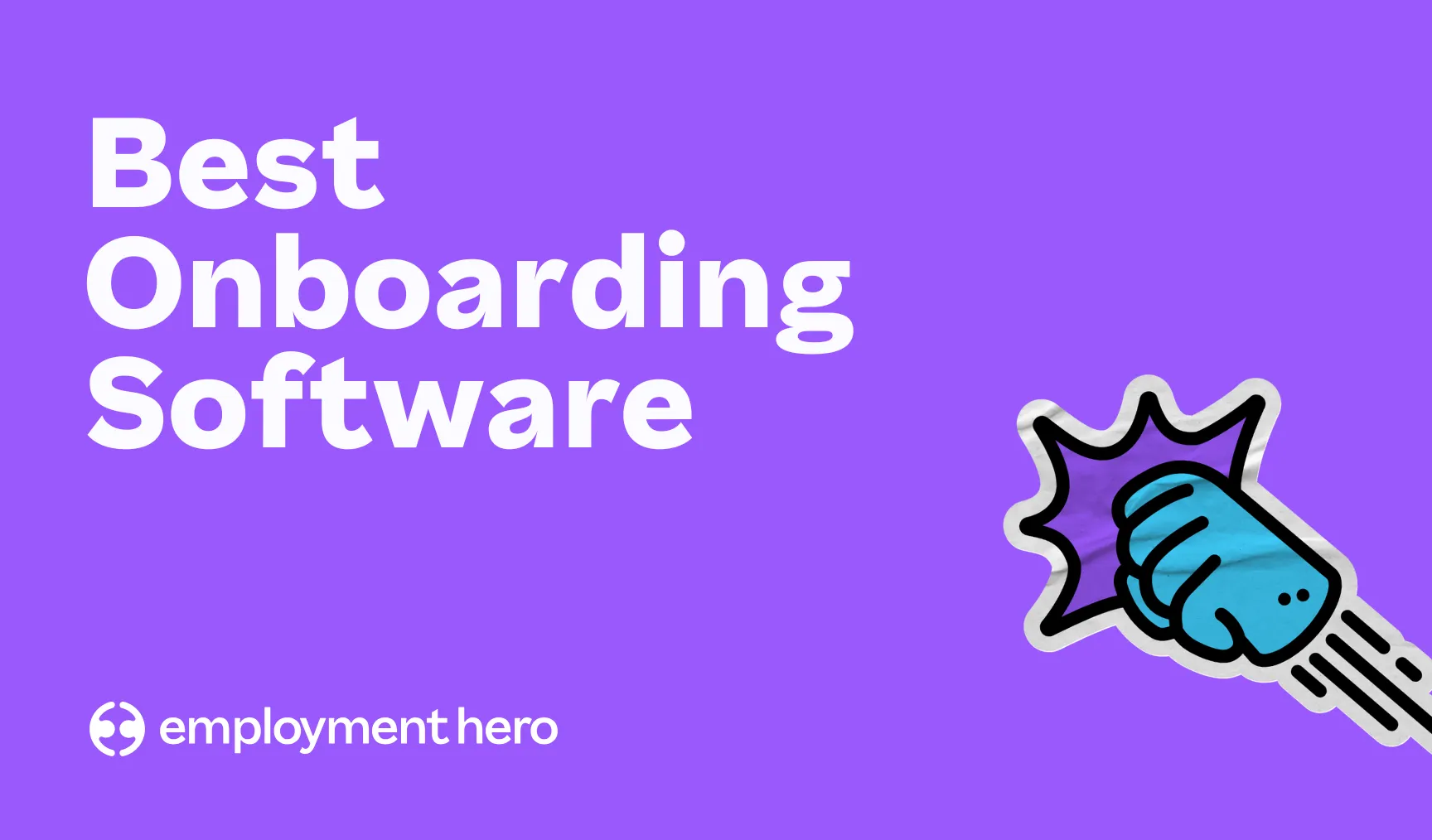What NZ Businesses Can Do To Address the Skills Shortage
With continuing lockdowns and border closures, New Zealand is facing a skill shortage. We’ve shared what you can do address it here.

Contents
The talent market in New Zealand has transformed over the past two years. Although demand for talent was obvious back in 2019, it’s now even more so. With continuing lockdowns, border closures and everyone learning to live alongside Covid-19, the employment landscape has never looked more different.
We can’t deny that the pandemic has been the main driver of the current skills shortage. Strict border closures and halted immigration numbers have meant that many businesses are looking for skilled workers locally – a difficult task for employers right now.
Finance Minister, Grant Robertson, knows the challenges of the current employment landscape, stating that “there are high growth sectors which require specialist skills that are unlikely to be found in New Zealand.”
But, it’s not just the skills shortage playing on employers minds. As ‘The Great Resignation’ comes knocking on our doors, one thing is clear. Employees have never been more tempted to change roles than now. It’s a scary thought for businesses and HR managers, but we’re here to help.
We’re going to show you what you can do to address the skills-shortage happening in New Zealand right now.
Create learning pathways for your team
A learning pathway complements your employee development program by identifying which training and education the employee should pursue. Then, it gives that employee different solutions for accessing those opportunities. This might be a marketer who needs to upskill in Google Analytics, or a Finance Assistant who needs to undertake their CPA exams.
Whatever the case may be, this is your role as an employer to help them get there. Learning pathways should be tailored to each individual and should show:
- Where they currently sit in the business organisational chart
- Exactly what their desired promotional pathway looks like
- Which skills, certifications or knowledge that employee would need to follow for that pathway
- Your employee exactly where to find those skills and certifications, and how to achieve them
A pathway to greatness
Most people want a promotion and career progression, but in the current employment market, you may not have the means or structure available to warrant this.
Instead of promising a promotion at an unspecified later date, set up a career development pathway for your staff. Work with them to make a plan for where they would like their career to go and outline how you can help them get there; whether that be with additional training, internal mentorship or a change of responsibilities.
Our recent study showed that 25% of NZ workers currently feel that their next step is within a different industry to what they’re in now. For many, this also means moving to another organisation. But that doesn’t necessarily have to be the case. It may be possible for you to help your staff member pivot to a new role within your organisation. Be open to these kinds of conversations.
Doing this will take investment from managers, but it is well worth it in helping your employees visualise a future for themselves within your business. This leads us to our next point.
Embrace the side-steppers
It’s been estimated that the current generation entering the workforce will experience about five different career changes in their lifetimes. It’s now truly the norm to ‘pivot’ between industries, and smart employers will see this as an opportunity.
Like we said earlier, our survey found that one-quarter of New Zealand workers would like their next role to be in a different organisation, but also a different industry.
Why is this happening? We can hypothesize that the pandemic has shaken up our priorities. Time away from hustle environments has made us rethink our priorities and our life’s goals. We’ve had more time to explore our hobbies and interests, and may now be considering these as an alternative career path.
Whatever the reason may be, we’re seeing more career mobility than ever before. So how can we capitalise on this growing trend and address the skills shortage?
When you’re recruiting, be conscious of transferable skills. Even though the person may have no demonstrable experience in what you’re hiring for, they may have abilities and attributes that are perfect for the role. Some highly desirable, cross-industry skills include communication, analytical reasoning, creative thinking and problem-solving.
We understand that it can be intimidating to hire someone outside your usual applicant pool. To get a greater gauge of this person’s skills in your business’ context, consider setting a small recruitment task to confirm that they have an understanding of what’s required.
When you compare the costs of additional training vs. lost productivity, it can be much more cost-effective to get someone in the role and then invest in upskilling. The alternative to this is a costly and lengthy process where you could be waiting months for someone who perfectly fulfills every criteria.
We would also suggest applying this logic to people that are already in your organisation. If they have the interest in jumping across departments, upskilling them is a fantastic alternative to looking for someone new, or worst case, losing them to another company.
Expand your search and look for talent abroad
In New Zealand, the ongoing shortages of skilled workers are leaving businesses with many empty seats. This can lead to businesses and their current employees being stretched to their limits, which is never a good thing. Not only does the shortage put a strain on employees, but it also limits the business from reaching its full potential.
The NZ Government want to give businesses the opportunity to look abroad for top talent. Currently, the NZ skills shortage list checker can help you understand if your industry or open positions are eligible. If so, this means that applicants who have the skills, qualifications and experience will undergo a much easier process to receive a work or residence visa.
The Essential Skills in Demand Lists are broken into three categories.
Long Term Skill Shortage List (LTSSL)
The LTSSL identifies specific occupations and roles where there has been an ongoing shortage of skilled employees for open positions, both in New Zealand and around the world.
Find out more about the Longer Term Skill Shortage List Work Visa here or view the full list of occupations here.
The Regional Skills Shortage List (RSSL)
The RSSL identifies occupations and roles where skilled workers are needed in specific regions or areas in New Zealand. The RSSL also indicates that there are currently no skilled New Zealand citizens or residents who are able to fulfil the requirements of the role.
View the full list of occupations here.
Construction and Infrastructure Skills Shortage List (CISSL)
The CISSL identities occupations and roles that are in a critical shortage in the construction industry in New Zealand.
View the full list of occupations and roles here.
Overcome the challenges of tomorrow with HeroForce EoR
Dealing with work visas and immigration can be time-consuming and involve lots of admin. If you’re looking for a way to increase your talent pool, HeroForce EoR might be the solution you’ve been looking for. HeroForce EoR is a Professional Employer Organisation (PEO) and can help you easily create and manage a global workforce right from New Zealand. It’s purpose-built for small to medium-sized businesses and helps you access the world’s top talent.
HeroForce EoR is an all in one solution that can help you attract, hire, manage, pay, motivate and reward your local and global teams together, in one secure, cloud-based platform. It allows businesses of all sizes to easily hire anyone, anywhere in the world. It removes the distance between borders, making all of your employees feel part of the team, no matter where or when they choose to work.
Use the nation-wide skills-shortage to your advantage
Like with many countries around the world, New Zealand businesses are facing one of the biggest skills shortages of our time. But, this is the time to use the challenges of today, to help transform your business and people into champions of tomorrow. There’s never been a better opportunity than now to embrace the side steppers, create learning pathways or tap into the world’s talent pool.
Want to learn more? Book a demo with one of our business specialists and they’ll show you how you can tap into the world’s biggest talent pool with Employment Hero.
Related Resources
-
 Read more: 7 Ways Employment Hero Can Help You Retain Top Talent
Read more: 7 Ways Employment Hero Can Help You Retain Top Talent7 Ways Employment Hero Can Help You Retain Top Talent
The Great Resignation is here. It’s a scary thought for business owners and HR managers, but there are things you…
-
 Read more: Product Update: December 2025
Read more: Product Update: December 2025Product Update: December 2025
Welcome to the December 2025 product update from the Employment Hero team. We’ve got lots to share around Custom Forms,…
-
 Read more: Best Onboarding Software in New Zealand (2026)
Read more: Best Onboarding Software in New Zealand (2026)Best Onboarding Software in New Zealand (2026)
Streamline employee onboarding with the top 6 software in NZ for 2026. Compare the best tools to create a seamless…






















